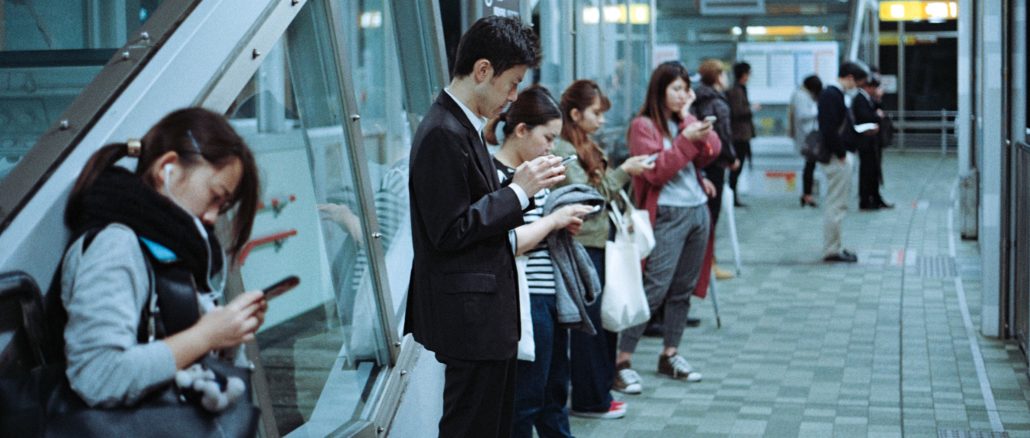
Going overseas and taking your phone and/or laptop (as most people do) with you?
Well, make sure there are no embarrassing words or images on them because the men and women in black (Border Force) can ask you to hand them over for inspection.
At a time when airport security has never before been so rigorous, travellers have come to expect pat downs, bag screenings and random drug detection tests.
But most are not aware they could be forced to hand over their phones and laptops for inspection for Australian Border Force (ABF) authorities to search.
Airport authorities have the right to confiscate devices and copy their contents.
Zaahir Edries, the president of the Muslim Legal Network of NSW, says the ABF’s powers are “relatively broad”.
“Anything you have on your phone, as a passenger, is open to scrutiny or interrogation by ABF officials,” Mr Edries was quoted as saying in an ABC article.
“I think they’re open to [copy and download everything] if it’s something that allows them to continue in an investigation,” Mr Edries said.
If you say no, the ABF can confiscate your phone and search it.
“The Border Force have the power to search and retain if you don’t unlock your devices under the particular legislation,” Mr Edries said.
Data on how often devices are searched and confiscated is not publicly available, but Mr Edries says anecdotally it appears travellers are being checked frequently.
The ABF says no examination is random and all movements across borders are screened.
When you fly, airlines give the Home Affairs Department your details, so authorities can identify passengers who “might be a risk to Australia border security”.
The ABF says officers may question travellers and examine goods if they suspect a person may be breaching immigration, customs, biosecurity, health and national security laws.
SheSociety is a site for the women of Australia to share our stories, our experiences, shared learnings and opportunities to connect.

Leave a Reply